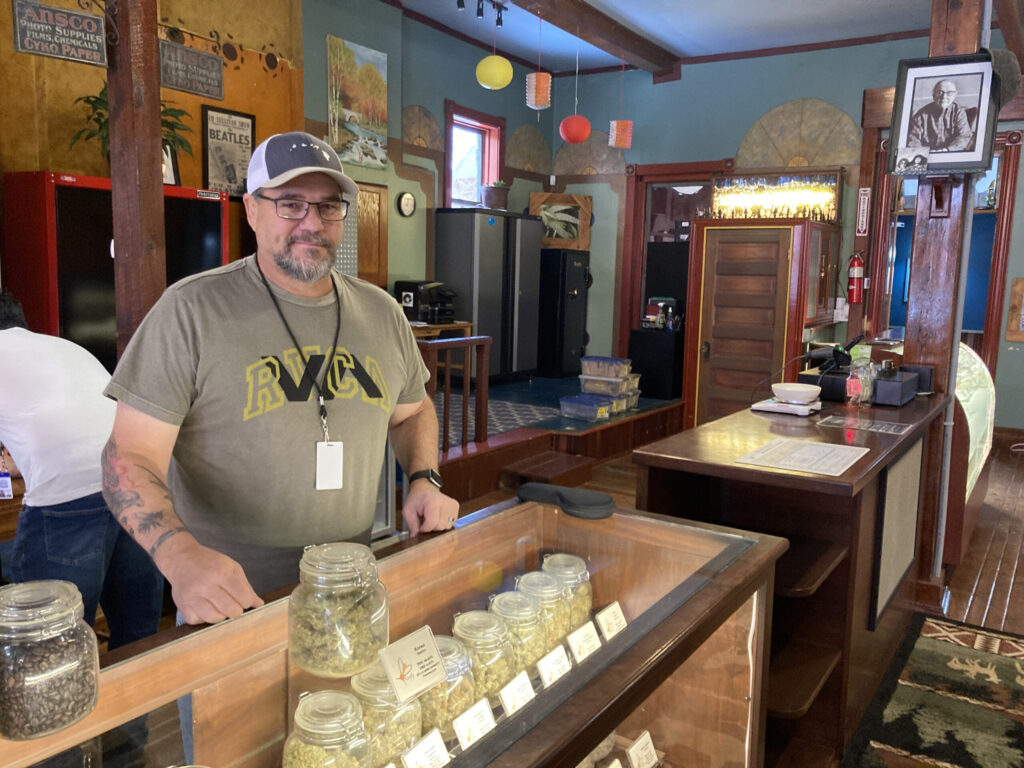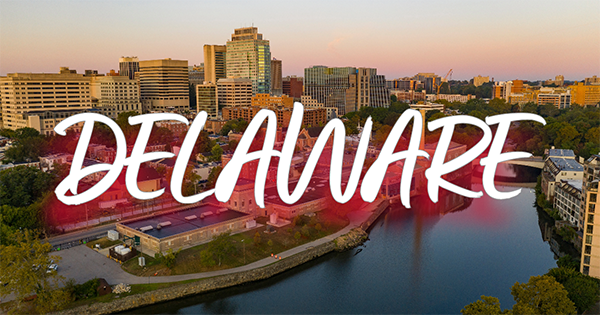The New Leaf Agency is the
#1 Full Service Cannabis Licensing Agency
in the United States.
We Handle It All.
* In All Recreational and Medicinal States *
As full service cannabis consulting experts, we handle everything including License Application Creation, Submission and Management, Corporate Structuring, Floor Plans, Security Plans, Operations Manuals, Business Plans, Financial Modeling and more…. Most importantly, we can help our soon-to-be or newly state licensed clients raise capital from our syndicate of investors.
Interested in getting in on the ground floor of the cannabis industry?
Let us help you get state licensed and raise capital for your cannabis business.
Like what you see? Check out more posts from the Cannabis Investor Marketplace
Businesses For Sale
Cannabis Dispensaries, Infuser/Processor Facilities, and Cultivation Facilities across the United States
Filter
Find More Cannabis Businesses for Sale
Cannabis Business News
Get the Latest State-by-State Cannabis Licensing and Regulatory News
Filter
Read More Cannabis Business News
Need assistance getting a cannabis business license? We can help. Get a Free Consultation
State Licensing Regulations
Find Out Exactly What it Takes to Get a Cannabis Business License in Your State.
Find Out About Cannabis Business Licensing Requirements
Testimonials

“We are so grateful we found Scott. Having him navigate the project made all the difference. He actually Got Us ALL the Way to the Finish Line in Michigan, then we got denied due to a technicality, and he and his legal team got the denial reversed on appeal. AMAZING. We are now fully operational and thriving. THANKS NEW LEAF!”
Great Lakes Agro — Dispensary, Cultivation Facility, Infuser and Extract FacilityKawkawlin, Michigan

“Scott Lowry with New Leaf Cannabis Consulting has been pivotal to us in standing up our cannabis cultivation facility. Not only is Scott a true expert in the licensing process across multiple jurisdictions, he is also extremely knowledgeable in effective organizational structures, efficient business operations, financial projections, and capital raising. He has been a key team member, and is vital to our success.”
Natasha Hill & Chante’ McGhee – Founders, SNCR – Cultivation FacilityDetroit Metro Area

“Scott is an Absolute Pro at What He Does. Everything’s Handled in House so You Don’t have to hire 6 different Consultants and 5 lawyers just to get licensed. New Leaf was a Great Help in Designing our Operations Manuals, Blueprints, Business Plans and Financial Projections and Handling all of our Corporate Structuring.”
Sweetleaf DispensaryFlint, Michigan

“Without New Leaf Designing handling our Operations Manuals, Financial Projections and Business Plan, and the Design of Our Facility, we NEVER would have got through licensing of our over 120,000 SQ. Ft. Cultivation Facility in Holyoke.”
Positronic Farms-120,000 SQ. Ft. Cultivation FacilityHolyoke, Massachusetts

“We LOVED our experience with New Leaf! Scott and his team were able to help get our processing license submitted and approved. We here at Rooster Valley Botanicals highly recommend New Leaf for anyone needing help obtaining a cultivation and processing licenses.”
Rooster Valley BotanicalsSalina, UT





























